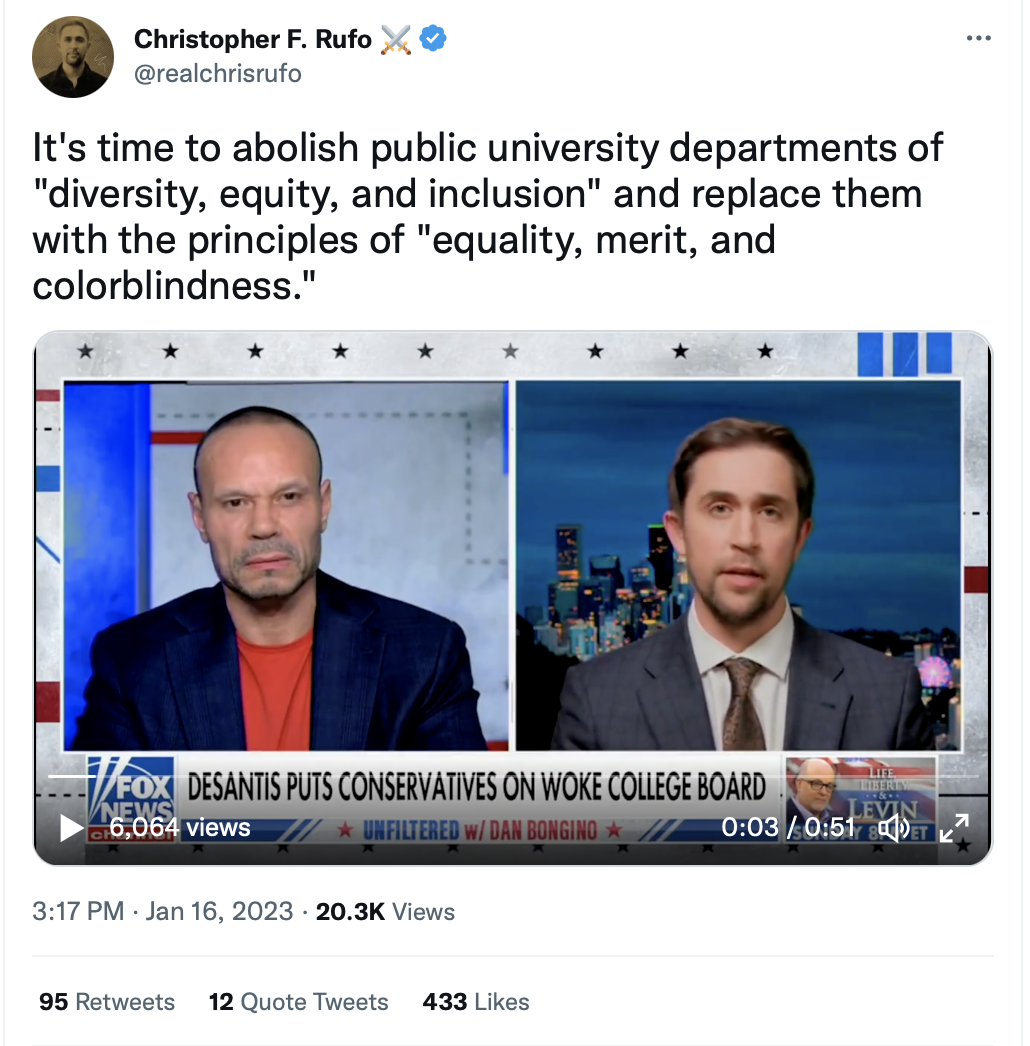The Problem with Many DEI Trainings
Jesse Singal raises many red flags regarding DEI trainings in his article, "What if Diversity Trainings Are Doing More Harm Than Good?" I agree with many of his concerns, but I don't think it took any research to be wary of these trainings. In fact, the default should have been to not hold any such "trainings" until they could be shown to be effective in encouraging human flourishing. That was not done, of course, so now we have a multi-billion dollar industry that is self-interested in promoting these struggle sessions in order to maintain continued employment, often at absurd levels of compensation.
D.E.I. trainings are designed to help organizations become more welcoming to members of traditionally marginalized groups. Advocates make bold promises: Diversity workshops can foster better intergroup relations, improve the retention of minority employees, close recruitment gaps and so on. The only problem? There’s little evidence that many of these initiatives work. And the specific type of diversity training that is currently in vogue — mandatory trainings that blame dominant groups for D.E.I. problems — may well have a net-negative effect on the outcomes managers claim to care about." ....
Many popular contemporary D.E.I. approaches meet these criteria. They often seem geared more toward sparking a revolutionary re-understanding of race relations than solving organizations’ specific problems. And they often blame white people — or their culture — for harming people of color. For example, the activist Tema Okun’s work cites concepts like “objectivity” and “worship of the written word” as characteristics of “white supremacy culture.” Robin DiAngelo’s “white fragility” trainings are intentionally designed to make white participants uncomfortable. And microaggression trainings are based on an area of academic literature that claims, without quality evidence, that common utterances like “America is a melting pot” harm the mental health of people of color. Many of these trainings run counter to the views of most Americans — of any color — on race and equality. And they’re generating exactly the sort of backlash that research predicts.

